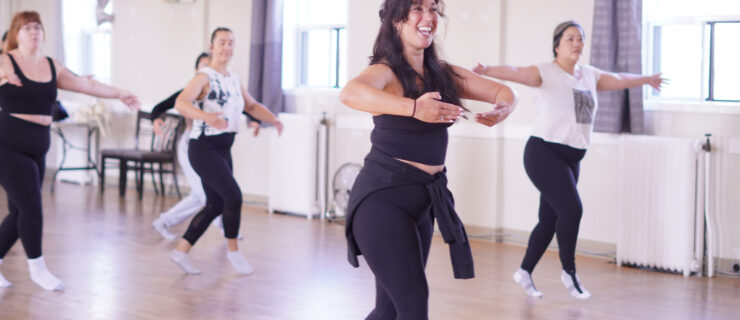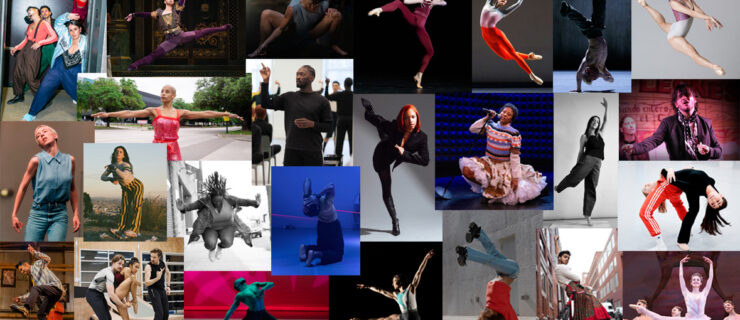Etiquette.com

Last March, Kendall Shepherd, coach of the Lake Oswego High School dance team, led her group to competition victory. “We were thrilled to win for the second straight year,” she says. But the enthusiasm quickly turned to disappointment. “We hadn’t even left the arena before the backlash started. Within hours, my girls saw updates on Twitter about the unfairness of the competition, saying the trophies were awarded based on popularity, not dancing.” The team’s big day was tainted.
You’ve probably posted online about an accomplishment, whether it’s a competition win or a pirouette record. You’re riding high—until someone posts a negative response. You can get 50 compliments about your routine, but it only takes one mean-spirited comment to deflate your excitement. Dancers have a natural instinct to share their work, and everyone is entitled to his or her own opinion. But poor internet etiquette has an instant, hurtful impact. So what’s appropriate online behavior? Read on.
Don’t Stop Posting
Hannah Frederick, a student at Broadway Dance Center in NYC, knows the frustration of getting negative responses—but that doesn’t stop her from posting performance videos online. “It’s impossible to make destructive comments feel good,” she says. “But when you shut yourself off to criticism, you stop growing.”
You may worry about someone writing a nasty response to something you’ve put out there. But the internet is a fantastic forum for reaching a wide audience. “Today’s online media give people powerful opportunities for feedback,” says Stefan Becker, a licensed mental health therapist whose clinical work includes youth counseling. “When you post your performances, you have an instant audience.” Hannah adds: “It’s important to share what we can give the world. It takes courage, but it’s worth it.”
Master the Art of Humble Bragging
It’s natural to want to share your victories, but there’s a fine line between being proud of yourself and bragging. Instead of filling your news feed with posts like “Just did 10 pirouettes in class! I’m the new record holder at my studio!” try: “So thankful to my teacher for helping me reach my pirouette goal.” Showing gratitude changes the tone of your post. Being humble makes you more likeable online, where it’s hard to figure out a poster’s tone.
Don’t Feel the Need to Respond
When negative comments are made, it’s hard to undo the damage, and harsh words are more likely to stick with you than happy ones. But don’t take it too personally, and if you’re receiving mean comments, the best thing to do is say nothing in return. “A negative remark is felt as an attack by the person on the receiving end,” says psychologist Amy Stern Stoffelmayr. “If your response is defensive, that escalates negative feelings.” Sometimes people just want a reaction, and a back-and-forth exchange fuels that fire. “The commenter feels attacked and responds, so it continues and builds emotional distress,” Stoffelmayr says.
If you feel it’s important or beneficial to respond, proceed with caution. Imagine you’re face-to-face with the person you’re writing back to. “Ask yourself if you’d make the same comment to them personally,” Becker says. Then, wait 24 hours before you respond. “If you find yourself wanting to lash out, think about why you’re feeling angry,” Stoffelmayr says. Give yourself a chance to cool down, so your comments are thoughtful and not impulsive.
If You Want to Critique Someone Else
Maybe you’re watching a friend’s routine online and feel you can offer advice, or your cousin posted a photo of a wobbly arabesque and you’ve got the perfect tip to help her. Go ahead and comment—but choose your words wisely. “Online criticism is very public,” Becker says. While constructive criticism is often appreciated, telling someone she “might want to speed up her spot to stay on the music during her fouettés” isn’t the same as posting that she “stinks at turning.”




